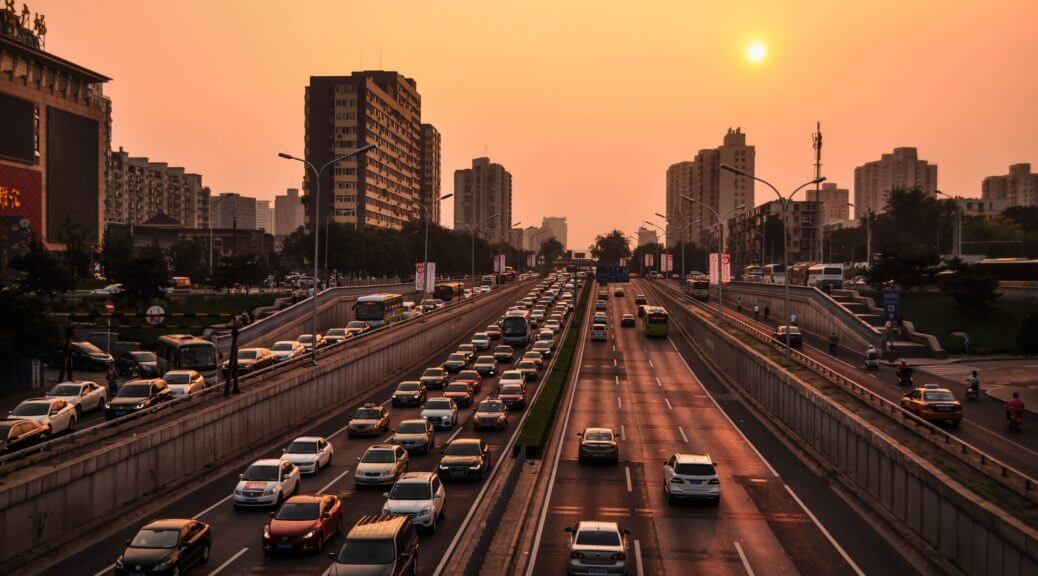
Today’s guest is Robert Krol of California State University. Our topic is a recent policy paper he wrote for The Center for Growth and Opportunity at Utah State University entitled Can we Build our way out of Urban Traffic Congestion?
This paper examines the impact of highway expansion on congestion. Because highway expansion lowers travel times, expanded highways attract additional vehicle traffic—so-called induced travel. The empirical evidence indicates that the magnitude of induced travel is economically significant. Some researchers find cases where, despite highway expansion, congestion changes very little owing to high levels of induced travel. These results suggest that costly highway expansion will increase access, which is beneficial to a community, but highway expansion is generally an inefficient solution to the high time costs of urban congestion. Instead, variable tolling of some or all lanes could manage traffic flows efficiently and reduce congestion.
Subscribe to Economics Detective Radio on iTunes, Android, or Stitcher.
The post Highway Expansions, Tolls, and Congestion with Robert Krol appeared first on The Economics Detective.



